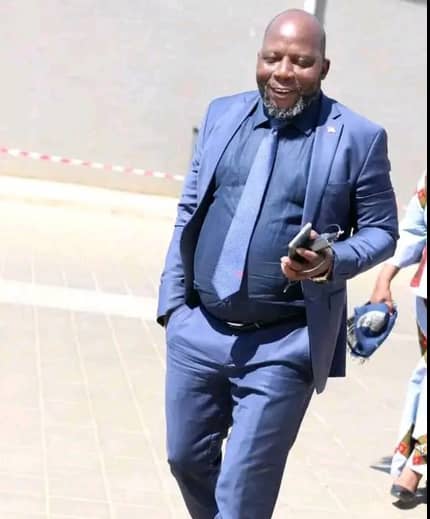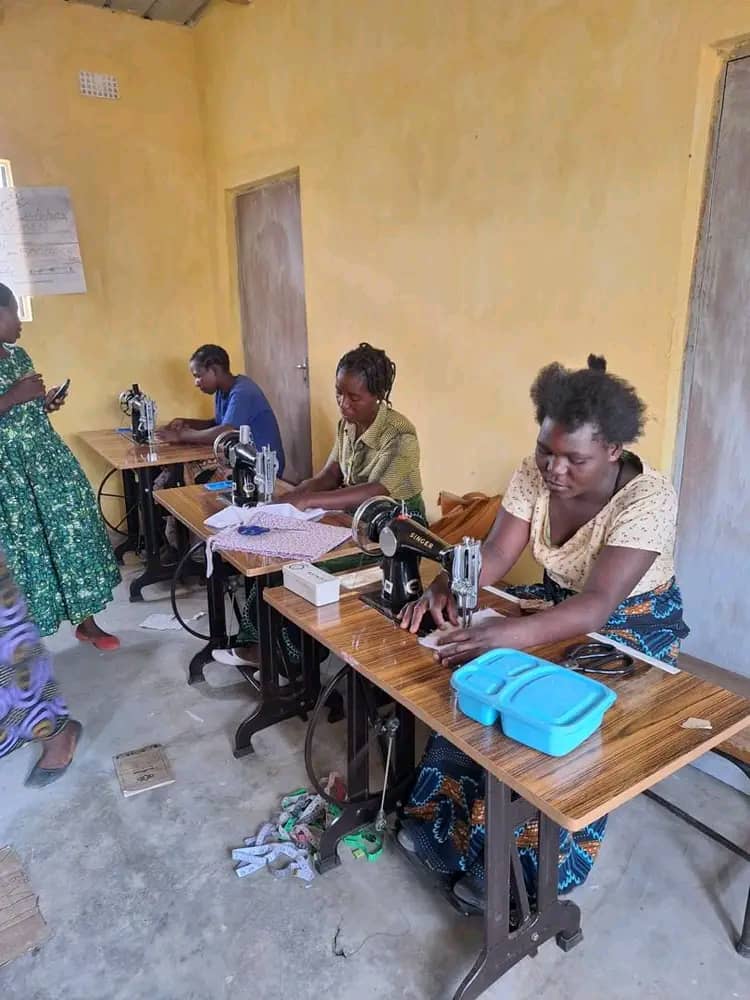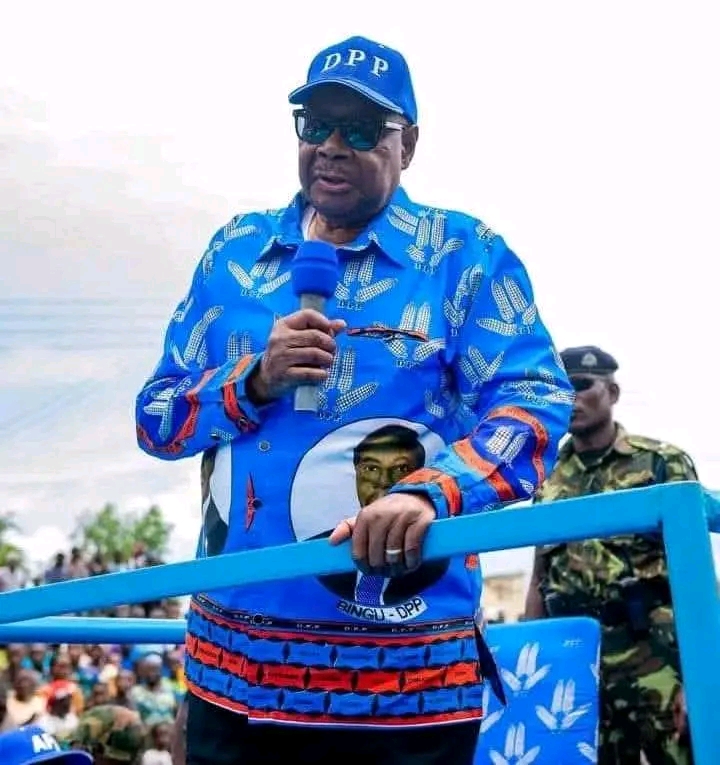By Burnett Munthali
Democratic Progressive Party (DPP) Deputy Secretary General Daud Chikwanje has come under heavy criticism from the ruling Malawi Congress Party (MCP) and political commentators following alleged pro-violent remarks he made during a rally in Nsanama, Machinga District, over the weekend.
Chikwanje reportedly encouraged his party supporters to embrace confrontational tactics in their political engagements, remarks that have sparked widespread outrage. Critics, including MCP officials, have condemned his statements, accusing him of promoting violence and destabilizing the country’s political environment.
MCP Spokesperson, Jessie Kabwila, expressed disappointment, saying that such rhetoric from a senior opposition figure is reckless and dangerous. “Malawi is a peaceful nation, and it is irresponsible for any politician to incite violence. These remarks are not only a threat to our democracy but also to the lives of innocent citizens,” Munthali said.
Political analysts have also weighed in on the matter. Dr. Henry Chingaipe, a prominent political scientist, described Chikwanje’s comments as inflammatory and called for political leaders to exercise restraint in their public statements. “Such language can lead to unnecessary tension and violence, especially in a country where political rivalries often run deep,” Chingaipe warned.
Meanwhile, human rights activists have called for Chikwanje to retract his statements and issue an apology. They argue that political leaders have a responsibility to promote peace and unity, particularly as Malawi heads towards the 2025 general elections.
In response, Chikwanje has yet to clarify or apologize for his remarks, further fueling criticism from various quarters. His comments have intensified the political discourse, with some fearing they could contribute to unrest in an already volatile political landscape.
The incident has also prompted calls for increased political dialogue to ensure that upcoming elections are free from violence and intimidation, with many urging leaders from all parties to prioritize national unity and peace.




